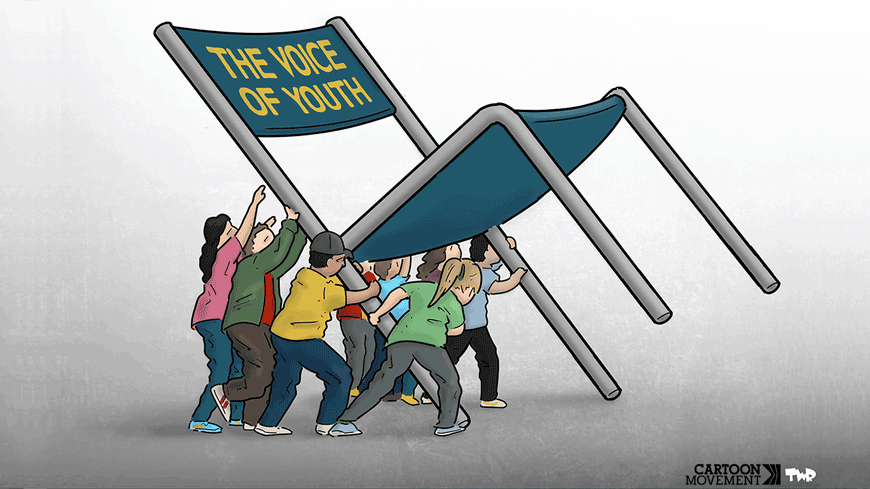EDITORIAL
Today’s world is home to the largest generation of young people, 1.8 billion; close to 90 per cent of them live in developing countries, where they constitute a large proportion of the population. Connected to each other as never before, young people want to and already contribute to the resilience of their communities, proposing innovative solutions, driving social progress and inspiring political change in urban as well as rural contexts. Young people constitute a tremendous and essential asset worth investing in, opening the door to an unparalleled multiplier effect. At the same time, young people are also facing incredible challenges and even life-threatening risks, disproportionately carried by girls and young women in many parts of the world. These arise when accessing their rights, including quality education, healthcare or decent work.
They also arise in conflict situations or when young 1 Aged 10 to 24 years. Noting that there is no universally agreed international definition of youth and while recognizing that the UN Secretariat for statistical purposes defines ‘youth’ as those persons between the ages of 15 and 24 years, this Strategy considers other definitions in use by Agencies, Programmes and Member States without prejudice. People flee their homes in search of survival or move for better opportunities. Young people also suffer interpersonal violence and are affected by the slow onsets of climate change or frontline impacts of disasters. They experience intersecting forms of marginalization and struggle with the brunt of a global erosion of human rights and impeded access to justice.
How the shifting demographics in the world are leveraged and how young people navigate their transition into adulthood is critical for humankind’s progress and the planet’s health. With this large and increasing number of young people across the globe, it is abundantly clear that it is only by engaging and working with them, supporting them in standing up for their rights and creating the conditions allowing them to progress and play an active role, that the international community will be able to achieve peace, security, justice, climate resilience and sustainable development for all.
Pakistan is a developing country, and like the pattern, the youth portion of the population dominates other sectors of the population. Hence, Pakistan is a youth country. The prominent challenge is the political actualization of the youth. Lately, their interest in politics has surged due to their conscious understanding of political rights. They now understand that political rights are a way to economic and social rights. The economic challenges of youth in Pakistan are enormous. Providing economic opportunities is the primary challenge to tapping the true talent of the youth of Pakistan. The policies in Pakistan are elite-driven rather than middle-class. The youth must force the power handlers to invest in the youth. Investing in the youth of Pakistan means securing the future of Pakistan. Therefore, youth in Pakistan must know their fundamental rights and push the system to deliver their political-economic rights.https://republicpolicy.com/artificial-intelligence-is-the-way-forward-for-jobless-youth-in-pakistan/
















